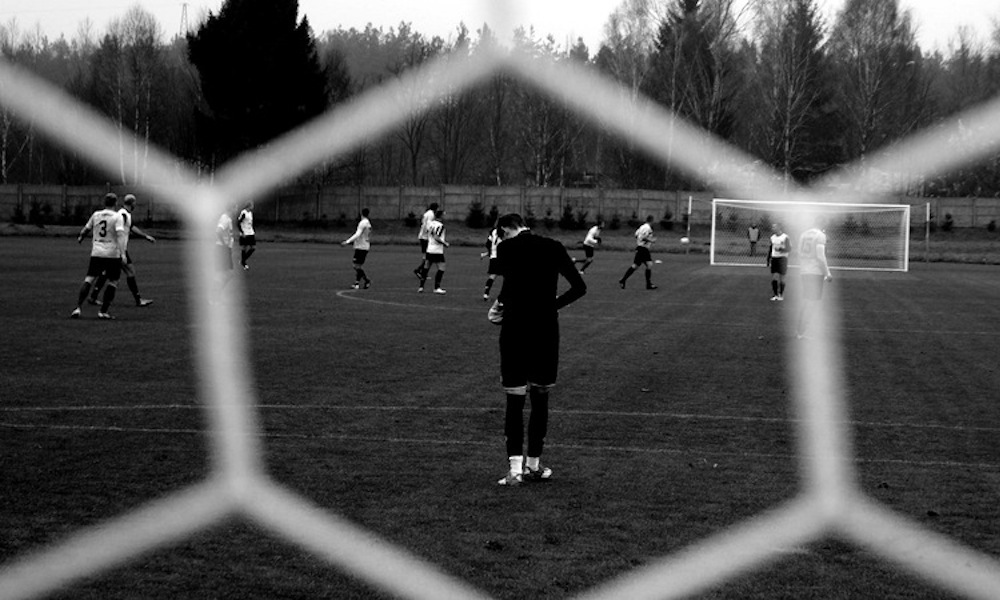Whether you like the commercialization of football or not, you can’t pretend that it is just a recent process – thanks to Arsenal London.
In general, Matchplan is primarily concerned with the development of brands for digital channels. Looking at an article from a 2014 issue of the magazine brand eins, however, it is interesting to see how football was already being commercialized over a hundred years ago.
Football was not a popular sport in England in the 1920s: the most popular sports were dog and motorcycle racing, and the top football games would draw a maximum of 30,000 spectators. On the 11th of May, 1925, the sports paper Athletic News published the following:
Arsenal Football Club is open to receive applications for the position of TEAM MANAGER. He must be experienced and possess the highest qualifications for the post, both as to ability and personal character. Gentlemen whose sole ability to build up a good side depends on the payment of heavy and exhorbitant [sic] transfer fees need not apply.
Herbert Chapman got the job, and led Arsenal London to win the championship in 1931 and 1933. In addition to his success in sports, Chapman also tried to develop the club off the pitch.
20,000 loyal spectators visited the home games per game. Herbert Chapman’s goal: a visit to the stadium should be as comfortable as possible.
Conflict with the FA
Only one of four grandstands was covered at the time, so three quarters of the fans would get wet when it rained. So, 1n 1932, Chapman organized the construction of the new west side of the stadium, which could offer weather protection to 4,100 fans. Cost: 45,000 pounds. The expenditures were highly controversial at the time, given the global economic crisis. In 1936, the east stand followed for an additional 130,000 pounds.
Chapman also felt the games should be more exciting. Chapman was in conflict with the British Football Association (FA) because he wanted to install a large stadium clock which would show the 45 minutes of each half. The FA found that the clock would put too much pressure on the referees. After all, a normal clock could be placed on the south side of the stadium.
A less controversial idea of his was to offer fans live music before the game and during the half-time break.
During this time, the transfer expenditures of Arsenal London also rose and they needed to attract at least 40,000 spectators per game to support the costs.
Arsenal London: Europe’s most famous football brand
In 1932, Chapman also made his biggest marketing coup. Thousands of metro timetables and tickets had to be reprinted because the subway station was renamed the Arsenal Stadium. Instead of the actual location “Gillespie Road,” the trainer decided that the station should now be called “Arsenal.”
None of the stadiums of the other London Premier League (Chelsea FC, Tottenham Hotspurs, West Ham United, Crystal Palace) are as easy to find as Arsenal London.
At that time, Arsenal London was probably the most famous football brand in Europe. From today’s point of view, Chapman’s innovations seem relatively trivial, but he was already demonstrating the interdependence of sports, spectacle and money.
Many fans understandably ask: “When will it be enough?” But as long as clubs are in professional competition, they will always try to improve their own sporting and financial positions. Leagues and associations can intervene within limits, but in the long term, the club’s efforts do not stop.










